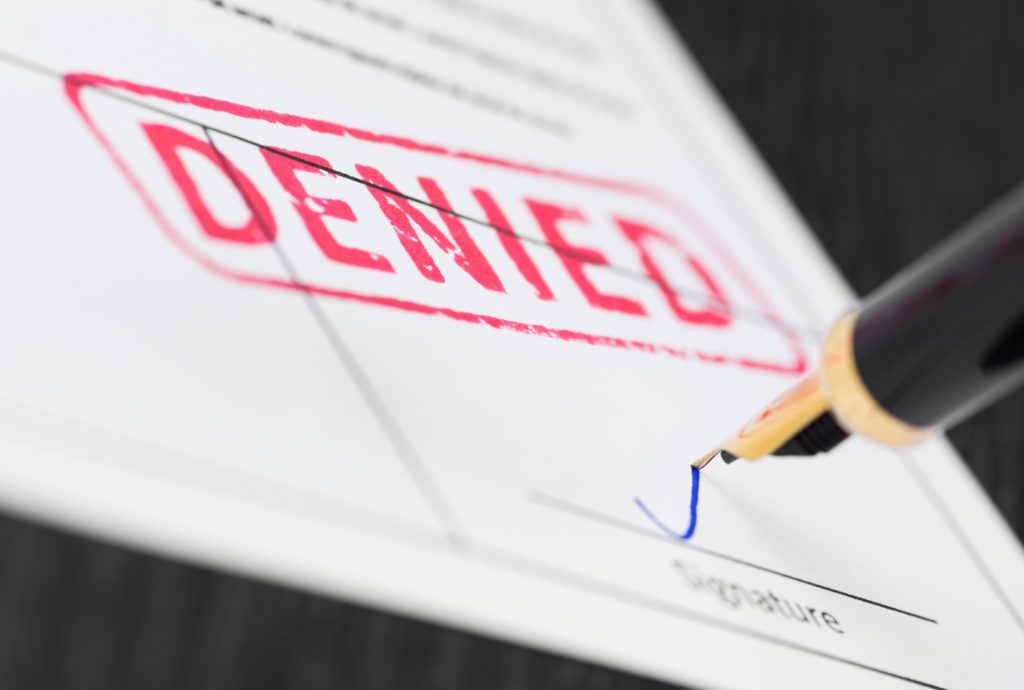
The U.S. Food and Drug Administration today authorized four NJOY products through the premarket tobacco product application (PMTA) pathway. The FDA issued marketing granted orders to NJOY, an Altria subsidiary, for two pods for its Ace closed e-cigarette device, which was authorized in April of 2022, and two disposable e-cigarettes—NJOY DAILY Menthol 4.5%, and NJOY DAILY EXTRA Menthol 2.4%.
The two authorized ACE pods are the NJOY ACE Pod Menthol 2.4% and the NJOY ACE Pod Menthol 5%. All four of the newly authorized products are pre-filled and non-refillable.
The decision is significant because it is the first non-tobacco flavored vapor product to be authorized by the FDA. In his TPL Review, Office of Science Director Matthew Farrelly said that NJOY had “demonstrated the potential for these new products to benefit adults who smoke [combustible cigarettes] as compared to those who continue to use [combustible cigarettes] exclusively,” and that the company had “also proposed robust marketing plans that include restrictions beyond those required with PMTA authorization.” Farrelly also highlighted data from a longitudinal cohort study that NJOY submitted with its application, which pointed to “robust absolute switching rates” as well as a higher rate of complete switching than tobacco-flavored NJOY DAILY ENDS.
The FDA noted, however, that applications are reviewed on a case-by-case basis, and that this authorization of menthol products does not apply to any other menthol-flavored vaping products.
“It is the responsibility of the applicant to provide the necessary evidence to obtain marketing authorization, and the FDA has made clear what’s needed to successfully achieve that outcome,” said CTP Director Brian King in the agency’s press release. “This action is further reinforcement that authorization of an e-cigarette product is possible when sufficient scientific evidence has been submitted to the agency to justify it.”
Altria welcomed the authorizations. “With the addition of NJOY menthol e-vapor products, we are now uniquely positioned with an FDA-authorized portfolio to support adult smokers in their transition to smoke-free alternatives. We believe these marketing orders are a testament to the quality of the NJOY products and the strength of evidence supporting the authorizations of the NJOY menthol e-vapor products,” said NJOY President and CEO Shannon Leistra in a statement.
“We believe that, for tobacco harm reduction to succeed, adult smokers must have access to a robust marketplace of FDA-authorized smoke-free alternatives,” said Paige Magness, senior vice president, regulatory affairs of Altria Client Services. “FDA authorization of NJOY menthol e-vapor products provides adult smokers and vapers with regulated alternatives to the illicit flavored disposable e-vapor products on the market today. We believe the NJOY menthol marketing orders are a positive outcome for public health.”
The FDA previously authorized the NJOY Ace and three of its tobacco-flavored pods on April 27, 2022. In March of 2023, Altria acquired NJOY for $2.75 billion cash. The acquisition was completed on June 1, 2023. However, the transaction terms included $500 million in additional cash payments contingent upon the product approvals received today, which would bring Altria’s total spend to $3.25 billion.


















